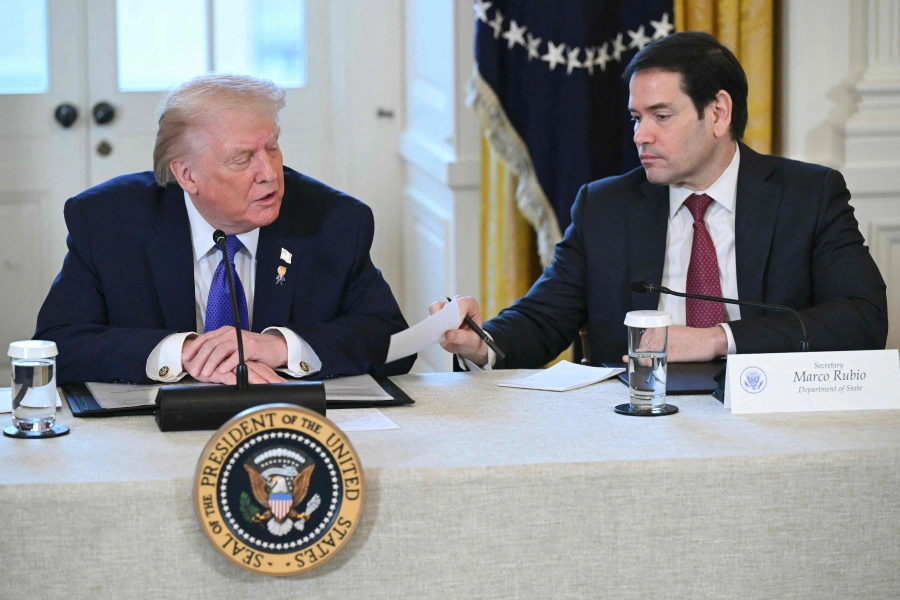KATHMANDU, Jan 24: While the COVID-19 pandemic is affecting businesses, the government's decision to increase excise duty and customs duty on electric vehicles has had a direct impact on their import.
The import of electric vehicles has declined by 88 percent in the first five months of the current fiscal year compared to the same period last year. The then finance minister Yuba Raj Khatiwada had imposed 30 to 80 percent customs duty and 40 percent excise duty on the purchase of electric vehicles depending on the capacity. Earlier, private electric vehicles were subject to 10 percent customs duty and 13 percent VAT.
According to the Department of Customs, 37 four-wheel electric vehicles were imported in the first five months of the current fiscal year. In the same period last year, 315 electric vehicles were imported. Import in the first five months of the current fiscal year is 88.25 percent lower than that of the last year.
Finance Minister Bishnu Poudel has reduced the excise duty and customs duty on electric vehicles after the exit of former finance minister Khatiwada from the government. Since then, electric vehicles have been imported sporadically.
Import of electric vehicles increased by 600 percent last year

Krishna Prasad Dulal, president of the NADA Automobiles Association of Nepal, said that following the government’s decision to impose heavy taxes on electric vehicles through the budget speech, the import of such vehicles decreased significantly. “The decision to raise taxes on electric vehicles in the current budget has led to a decline in the import of the vehicles,” he said. “Customers had affordable options in previous years but with the new tax tariff, their interest in buying electric vehicles has declined.”
According to Dulal, a Cabinet meeting on October 1 decided to decrease the tax on electric vehicles to some extent. But this still did not add up to the customer’s will to invest in electric vehicles. “The import of electric vehicles is very low compared to that of the last year,” he said. “The import is unlikely to increase unless the government adopts a policy that encourages the use of electric vehicles in the country.”
According to the customs department, 27 of the electric vehicles imported in the current fiscal year have a capacity of 50 kW, seven with a capacity of 50 to 100 kW and three with a capacity of 100 to 150 kW.
The department has stated that 1,190 three-wheeled electric vehicles were imported in the same period last year. It said that 91 electric vehicles were imported in one month period from mid-July to mid-August, 40 from mid-August to mid-September and 46 from mid-September to mid-October in the last fiscal year.
Similarly, 26 electric vehicles were imported in the period from mid-October to mid-November, 112 from mid-November to mid-December and 95 from mid-December to mid-January, 12 from mid-January to mid-February, six from mid-February to mid-March and eight from mid-March to mid-April.
Likewise, during the period of mid-April to mid-May, 45 vehicles were brought in and from mid-May to mid-June, 93 vehicles were imported. Only one electric vehicle was imported in the remaining 15 days after the budget speech for the current fiscal year.
Former finance minister Khatiwada had announced 80 percent customs duty and 60 percent excise duty on unassembled electric vehicles including cars, jeeps and vans with more than 300 kilowatt peak power.
Automobile dealers say sales have come to a halt as the government raised taxes on electric vehicles and prices have almost doubled.










_20230506072433.jpg)


























